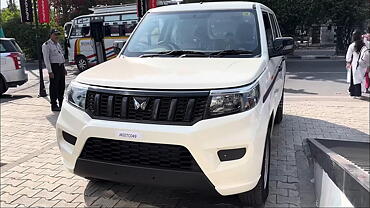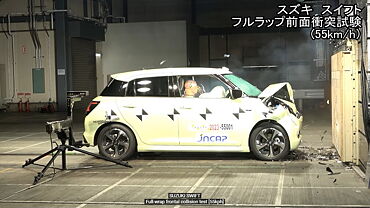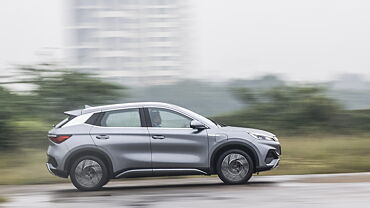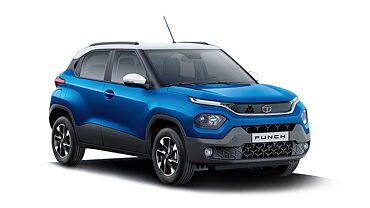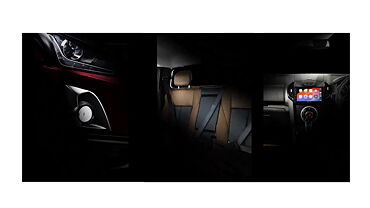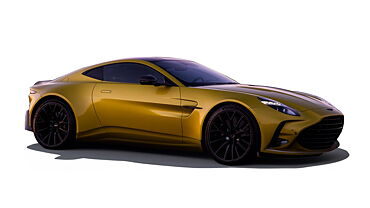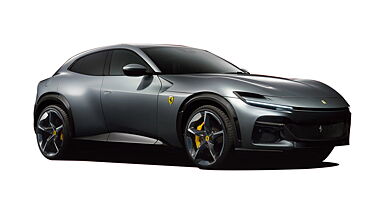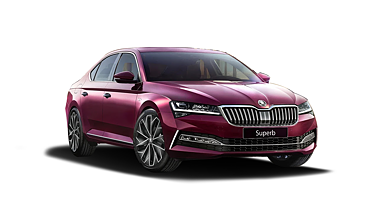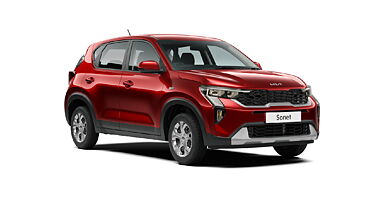In a bid to ward off the threat posed by stagnating car sales, owing to unfavourable interest rates, in the urban areas of India, car makers have decided to bank on customers residing in rural centres.
It is important to note that the overall passenger vehicle sales have attained the lowest figures since the first eight months of the 2011 financial year. However, the news from the rural markets indicates a complete different scenario as the sales of the said segment witnessed a hike of 10 per cent. Therefore, coming as a shot in the arm, the upward sales trend has enticed plethora of automobile companies to mould their dissemination patterns directed towards non-metro areas.
Mayank Pareek, Managing Executive Officer, marketing & sales, Maruti Suzuki India Ltd. said, “Market conditions are extremely sluggish. High interest rates have dampened consumer sentiment. Entry-level buyers are deferring purchases”, in view of the highly contrasting sales figures achieved in non-urban centres.
Almost every car company has come upfront with its intentions of taking advantage of the trend and thus, have been involved in the process of setting up regional sales centres or non-metro sales centres. In addition, a number of touch points catering to the specific product needs and unconventional outlets that have one or two vehicles on display, are also being built.
Hyundai Motor India Ltd, standing at the second position in India, has given rise to around 750 sale touch points for the purpose of maximising the sales of its new small car, the Eon. Tata Motors has also intensified its expansion spree in non-metro centres with 80 sale touch points under the Nano's belt. Moreover, the home grown car maker is putting plans in action in order to raise the count of outlets to 120 by the end of the financial year.
If analysts are to be believed, rural demand has emerged as a booster for car companies due to the fact that the purchasing power of the populace has increased noticeably, thus strengthening their sentiments.
Abdul Majeed, Auto Analyst, PricewaterhouseCoopers, said, “There has been a hike in the minimum support price (for produce). Moreover, most districts have seen above-average rainfall. Both central and state governments have been pushing a lot of housing schemes in these areas. The rising income levels have boosted confidence among consumers in rural areas.”
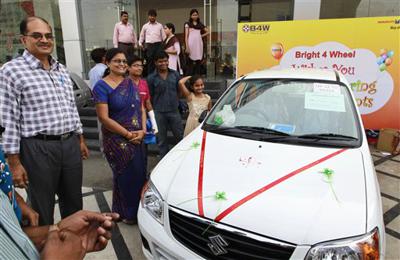
Even as India has outpaced competitors to hold the title of world’s second-fastest growing car market after China, the sales of passenger cars stoop down to an extent that they get counted among the lowest in the world.
Michael Boneham, President and Managing Director of Ford India, subsidiary of Ford Motor Company, U.S.A., said, “Tier II, III and IV cities are increasingly becoming significant. As many as 60 cities in India will have a population of over a million people by 2020. Our strategy from dealer, distribution, sales and service perspective is to grow aggressively there.”

Thus, with urban demand showing no signs of reviving in the near future, the favourable trends in rural centres would surely aid car makers to keep themselves afloat amid depressions in the market.





